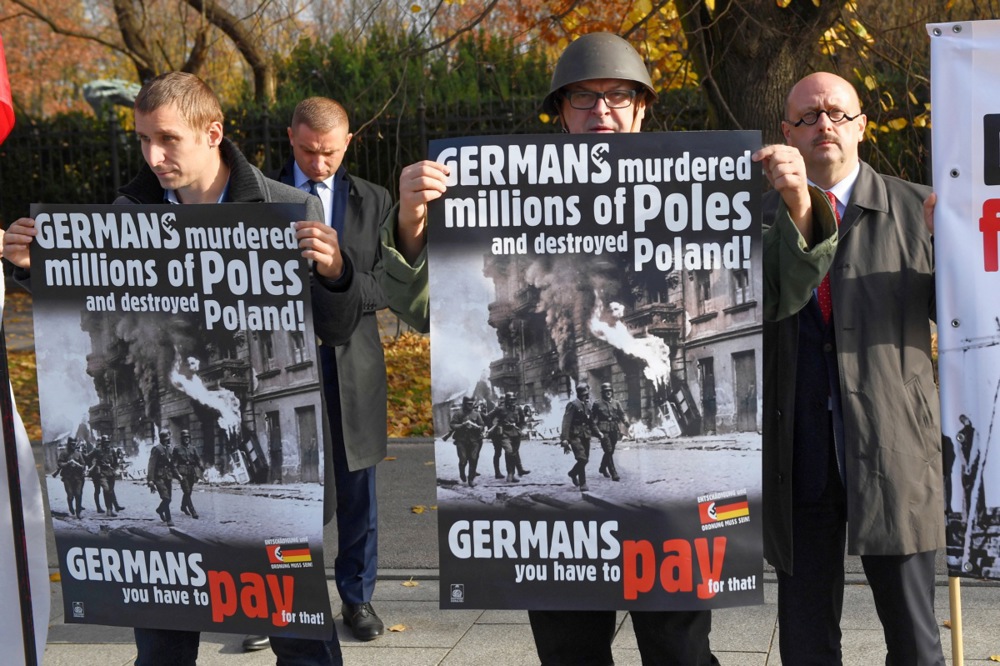Bus and tram stations across Germany have been at a standstill, disrupting millions of commuters and travellers as 90,000 public transport workers were called out on strike to press for improved working conditions.
The strike on February 2, called by labour union Verdi in all federal states except Bavaria, is the latest in a series of industrial actions that has plagued the country’s transportation sector in recent weeks.
“Strikes will take place from the start to the end of operations – generally from 3am (0200 GMT) on Friday for 24 hours to Saturday,” said Andreas Schackert, federal head of the buses and railways group at Verdi.
There are some exceptions, including Berlin, where a shorter seven-hour strike during the morning hours was announced.
Central to Verdi’s demands are ‘improved working conditions”, it said, listing “reduced working hours and increased holiday entitlement” as requested measures.
“We have a dramatic shortage of labour in public transport and incredible pressure on employees. Buses and trains are cancelled every day in all fare zones because there are not enough staff,” Verdi deputy-chairwoman Christine Behle had said on January 29.
Youth and climate movement “Fridays for Future” said 60 of its local branches supported the industrial action.
“We are striking together to mobilise for better working conditions and a future for public transport,” a spokesperson said.
Commuters, including Bjoern Heinz Sacchet standing by a closed subway station at Berlin’s Alexanderplatz, were not impressed.
“I don’t think much of it. In the end, it’s the passengers who are affected, they don’t get to their destination,” he said.
On February 1, a strike by security staff at 11 German airports affected 200,000 travellers and led to about 1,100 flight cancellations or delays, according to the German airports association ADV.
Disruptions were set to continue in Hamburg, where Verdi called on ground service staff to strike until midnight on February 2.
The union said it was demanding higher salaries and a one-time payment of €3,000 to “adjust for inflation”.




